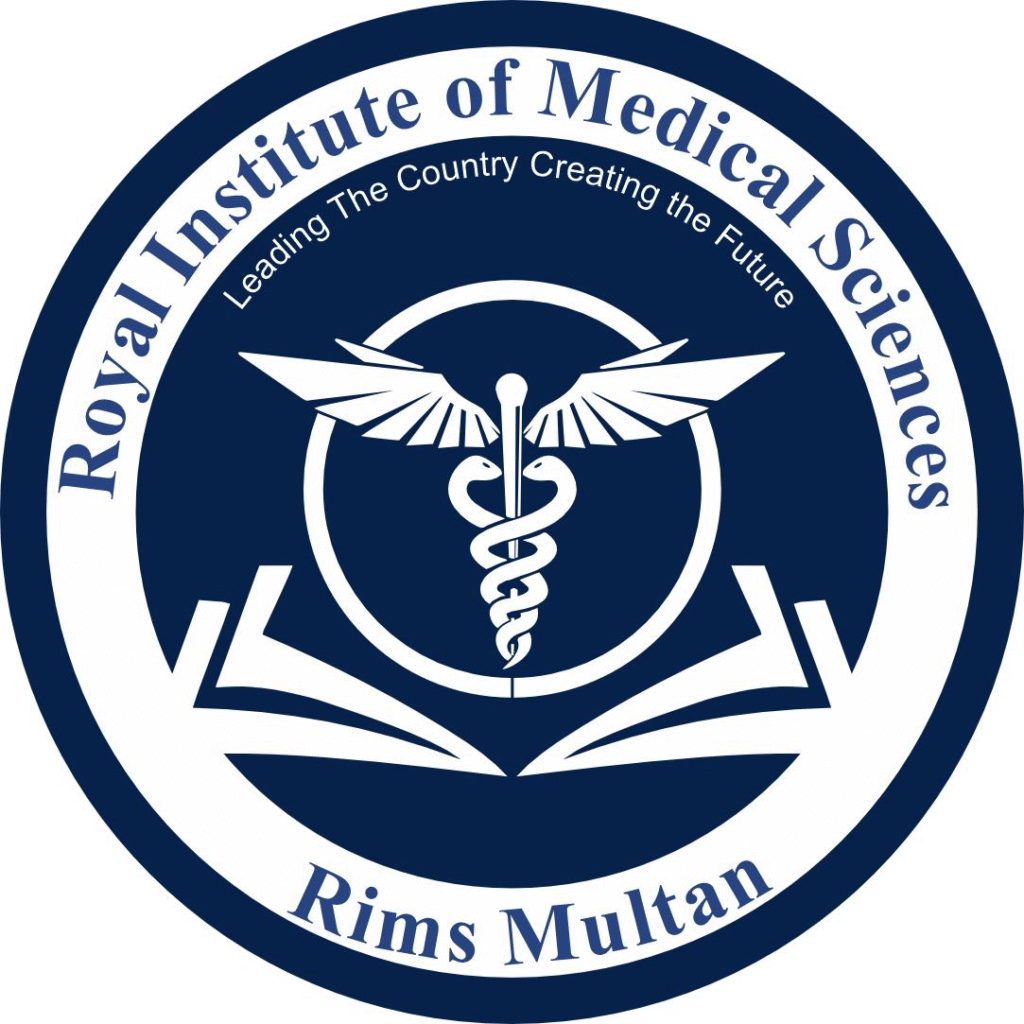- Rims Multan
- Pharmacy Technician
Pharmacy Technician

Introduction to Pharmacy Technician Program
The Pharmacy Technician program is a professional diploma or certificate-level course designed to train individuals in assisting licensed pharmacists in the preparation, distribution, and management of medications. Typically spanning 1 to 2 years, the program equips students with both theoretical knowledge and practical skills needed to perform effectively in various pharmacy settings.
The curriculum includes subjects such as pharmacology, pharmacy law and ethics, pharmaceutical calculations, drug classifications, inventory management, and prescription processing. Students also learn essential skills like medication packaging and labeling, compounding, record keeping, and effective communication with patients and healthcare professionals.
Practical training is a key component of the Pharmacy Technician program. Students undertake hands-on clinical rotations or internships in settings such as retail pharmacies, hospital pharmacies, and other healthcare environments. These placements offer real-world experience in dispensing medications, managing inventory, and supporting pharmacists in delivering quality patient care.
The Pharmacy Technician program prepares individuals to become vital members of the healthcare system, ensuring the accurate preparation and distribution of medications, supporting pharmacists, and contributing to safe and efficient pharmacy operations.
History of Pharmacy and the Role of Technicians
In ancient times, a single individual often fulfilled the roles of both physician and pharmacist—diagnosing diseases, preparing medications, and administering treatments. The earliest records of pharmaceutical practices date back to Babylon (Iraq), with other significant developments in ancient Egypt around 2900 B.C., where over 800 prescriptions and 700 drugs were documented.
As the science evolved, notable figures like Galen (130–200 A.D.) advanced the practice by standardizing methods of compounding medications. Later, during the Islamic Golden Age, Arabian scholars further developed the field, introducing new dosage forms like syrups and distillates, and establishing the first independent pharmacies in cities like Baghdad.
Ibn Sina (Avicenna), a Persian scholar, documented over 700 drug preparations and became a major reference in pharmacy until the 17th century. Over time, pharmacy became a specialized profession, distinct from medicine, with its own schools, texts, and professional roles—including modern pharmacy technicians who support pharmacists in medication management.
Today, pharmacy technicians are essential in the functioning of pharmacies, ensuring accuracy in medication handling, assisting with patient education, and helping maintain compliance with healthcare regulations.
Eligibility for Pharmacy Technician Program
Have passed Matriculation (Science Group, with Biology, Chemistry, and Physics) with at least 60% marks from a recognized board in Pakistan or an equivalent qualification from a foreign institution.
Documents required for admission in Pharm-D at RIMS
- RIMS Application form.
- Educational Documents Matric and F.Sc ( A and O level students should submit equivalence certificate from IBCC).
- Six Passport Size Photographs.
- Six Copies of CNIC/Form-B of the applicant.
- Six copies of Domicile.
- All student who completed their education from Federal board or other provincial board rather than Punjab should submit NOC from relevant board.
